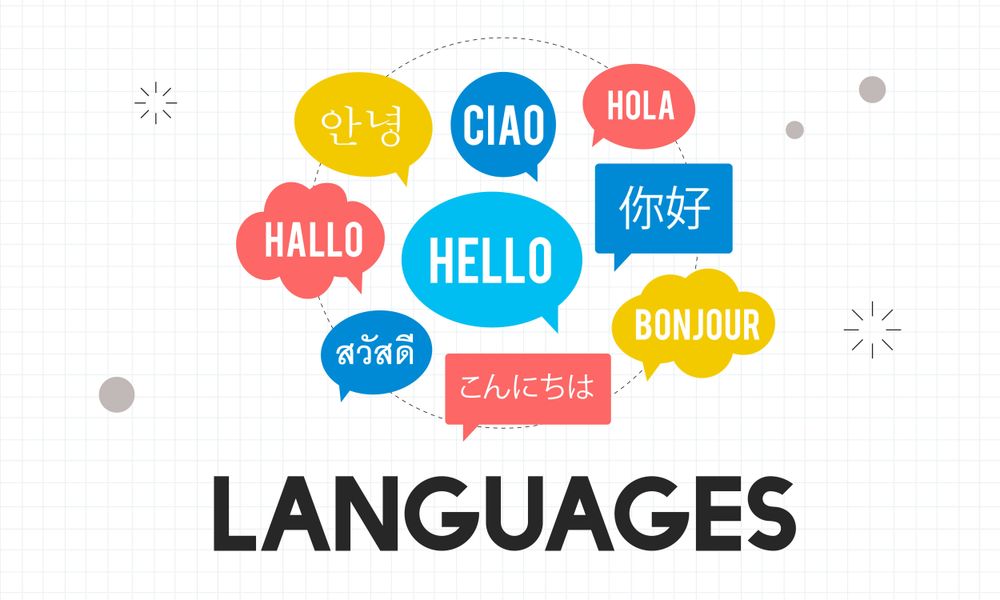In today's digital age, the fusion of artificial intelligence (AI) with writing tasks has opened up a realm of possibilities for students, professionals, and writers alike. If you're new to the concept of AI tools and are curious about how they can transform your essay writing experience, you've come to the right place.
Imagine having a personal writing assistant at your fingertips, ready to brainstorm ideas, conduct research, and provide feedback on your drafts — all without ever leaving your desk. That's the power of AI chatbots. These intelligent software programs are designed to understand natural language and assist users in various writing tasks, making the essay writing process more efficient and enjoyable.
 In this comprehensive guide, we'll introduce you to AI chatbots and show you how to harness their capabilities as AI essay writers to craft compelling compositions. Whether you're a student looking to ace your next assignment or a professional writer seeking to streamline your workflow, you'll discover valuable insights and practical tips for leveraging these AI tools to enhance your writing skills.
In this comprehensive guide, we'll introduce you to AI chatbots and show you how to harness their capabilities as AI essay writers to craft compelling compositions. Whether you're a student looking to ace your next assignment or a professional writer seeking to streamline your workflow, you'll discover valuable insights and practical tips for leveraging these AI tools to enhance your writing skills.
AI Chatbots as AI Essay Writers
AI chatbots, often referred to as virtual assistants or writing bots, are designed to engage in conversation with users via text or speech. They are equipped with natural language processing (NLP) capabilities, allowing them to comprehend and respond to user queries and commands in a conversational manner.
Operating on a foundation of machine learning algorithms, AI chatbots continuously learn and improve their performance over time. These algorithms analyze large datasets of text-based conversations to understand patterns, context, and language nuances. As users interact with the chatbot, it adapts its responses based on the input received, providing personalized assistance tailored to the user's needs.
In the context of essay writing, AI chatbots serve as virtual writing assistants, providing guidance, feedback, and support at various stages of the writing process. They offer a wide range of functionalities that can be leveraged to streamline the essay writing process.
Here are some ways in which AI chatbots can be used effectively in essay writing:
- Brainstorming and idea generation - These digital assistants offer tailored prompts and insightful suggestions to facilitate exploration of diverse ideas, topics, and key points essential for crafting compelling essays.
- Research assistance - They excel in retrieving pertinent articles, sources, and data to support research endeavors. With their efficiency and accuracy, you can access a wealth of information, enriching the depth and quality of your essays.
- Drafting and editing support - They also offer guidance in organizing and structuring essay content, transforming thoughts and arguments into polished prose. Additionally, they provide valuable insights into grammar and style, ensuring clarity, coherence, and professionalism in presentation.
- Reviewing and revising - And through meticulous review, they provide constructive feedback on grammar, punctuation, and overall coherence. Their guidance facilitates refinement to meet the highest standards of quality, enhancing credibility and authority in
8 Steps in Using AI Essay Writers
As with any tool, each AI chatbot or AI essay writer has distinct features, use cases, and operational procedures. Covering every single tool would require extensive detail akin to writing a book. Therefore, for the purpose of this guide, our focus will be on a single AI tool: AI-pro’s Chatbot Pro and how you can use it to write essays.
- Access the tool
The first thing you have to do is access the tool, which you could do using your mobile or desktop device. It’s offered for free but with limited features, so if you want the whole breadth of its functionality, you may want to consider getting a subscription to AI-Pro’s suite of AI tools. IF you’re just trying it out and testing the waters, then the free version should give you a good idea of how powerful and user-friendly it is.
-
Choose a chatbot
Upon opening the tool, you'll be prompted to select from four distinct chatbots, each offering unique capabilities: GPT-3.5, GPT-4, GPT-4 PRO MAX, and Google PaLM 2. These chatbots are based on different algorithms or base models, each with its own set of features and strengths. Here's a brief overview of each to help you understand their differences:
- GPT-3.5:
This is the latest free iteration of the Generative Pre-trained Transformer (GPT) series, developed by OpenAI. It's an autoregressive language model that uses deep learning to produce human-like text.
- GPT-4 : GPT-4 is a step up in the same GPT series by OpenAI, providing more nuanced language generation and better problem-solving capabilities. With an increase in the number of parameters over GPT-3.5, it is designed to produce more accurate and contextually relevant responses while having a better grasp of complex instructions.
- GPT-4 Pro Max : Currently the most advanced stage of the GPT-4 architecture, this one incorporates additional refinements and optimizations. It’s the cutting-edge version of the GPT series as it has enhancements targeted at improving coherence, contextuality, and overall language abilities.
- Google PaLM 2 : A successor to Google’s PaLM (Pathways Language Model), representing the company's advancements in language model research. Like GPT-4, it has great capabilities in understanding and generating human-like text. PaLM models emphasize multitask, few-shot learning, where the AI can perform tasks with very little data input.
- Initiate a conversation
- Provide context and Instructions
- Review and Edit Responses
- Add your personal touch
- Proofread properly
- Finalize your essay
Once you’ve chosen between the four chatbots, it’s time to start a conversation by typing your prompt or essay topic into the chat interface. Remember to keep it clear and concise to ensure it understands your instructions accurately.
Offer additional context or specific instructions related to your essay, such as details about the essay's purpose, audience, desired structure, or key points you want to cover. This is very important as it will guide the program towards the content that you need, so make sure to perform this with diligence and include every detail you can.
Carefully review the responses generated by the AI essay writer. Edit and refine them as needed to ensure they meet your requirements in terms of clarity, coherence, and relevance to the topic.
Inject your own voice and style into the essay by incorporating personal insights, examples, and anecdotes where appropriate. This helps to personalize the content and make it more engaging for the reader.
As with any essay, it’s important to thoroughly proofread your work and check for grammatical errors, typos, and inconsistencies. Revise any sections that require further refinement or clarification to enhance the overall quality of the essay.
Once you are satisfied with the essay's content and structure, finalize the document and save it in your preferred format. You can also export the essay to a word processor or document editor for further formatting and polishing.
Try ChatBot Pro NowMaster AI Essay Writing with Chatbot Pro
So there, you’ve just learned how to use ai to write essays. While the process may seem easy, success hinges greatly on your choice of prompts, adept editing skills, and, fundamentally, how effectively you collaborate with the AI essay writer.
It's imperative to bear in mind that while these tools serve as facilitators, they are just that—tools. They can streamline the process and alleviate common hurdles like writer’s block, but they can’t be expected to shoulder the entire task autonomously. Despite their remarkable capabilities, AI tools still require human guidance and intervention to produce work that closely resembles one made by an actual human.







